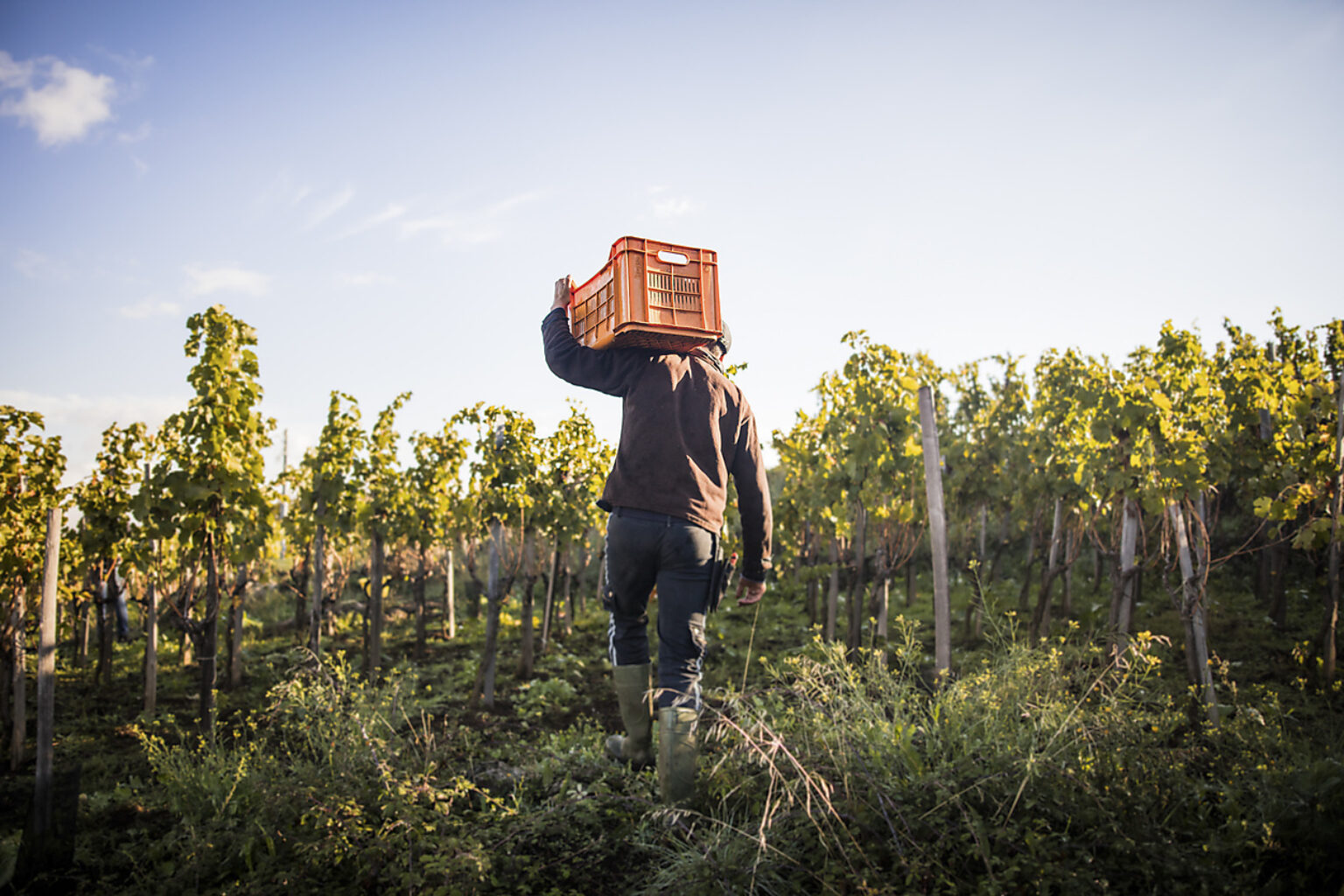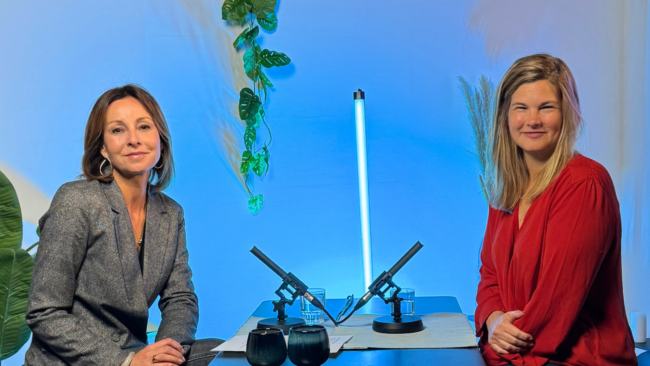The original recording of this videopodcast is available in Dutch.
With agricultural production, there’s one major factor that lies completely outside our control: the weather. The impact of excessive snow, frost, ice, hail, rain or drought can be damaging to the harvest and its quality. In recent years, these weather phenomena have become ever more extreme all over the world. As a result, harvests in our country no longer have the same yields as before. How can your business take a proactive approach to this? It’s worth knowing that crop insurance is one of the available answers.
Crop insurance was developed to compensate farmers and horticulturists financially in the event of disappointing harvests due to the climate. This is good news, given that cover through the Flemish Disaster Fund will continue to decrease and in the long term will probably disappear completely. To emphasise the importance of a financial safety net, the government currently even has a financial support scheme* for this target group. Crop insurance that’s recognised and subsidised by the government offers broad weather insurance.
*You can find more information about the government subsidy scheme here: Subsidy scheme | Agriculture and Fisheries (vlaanderen.be) (Dutch only)
Every link in the production chain benefits from crop insurance: not just farmers and horticulturists, but also production companies such as breweries or potato producers and even transport businesses. In its own way, each one faces the negative consequences of climate change and its impact on business activity.
Your business determines at the outset the volume of raw materials that is expected each year. If the volume is lower than expected for climate-related reasons, the insurance will kick in.
- If the harvest is lost early in the season, but there’s still time to replant with the same or a different crop, you’ll receive replanting compensation.
- If the harvest has been completely destroyed and replanting isn’t an option, the difference between the expected yield and the result will be reimbursed through the insurance.
Your production company may also be active internationally. For example, if you process cocoa beans from South America or rice from Asia, you can include the supply of these raw materials in your insurance cover. We will also take account of local weather phenomena that don’t occur or are less common in this country, such as tornadoes.
As a digital pioneer, Vanbreda Risk & Benefits has developed a unique and innovative broad weather insurance product for which harvests and fields are monitored 24/7 via a digital platform. Payouts for damage are made on the basis of a whole range of data, including historical data and satellite images, so there’s no longer any need for an expert to make a site visit to appraise the damage.





